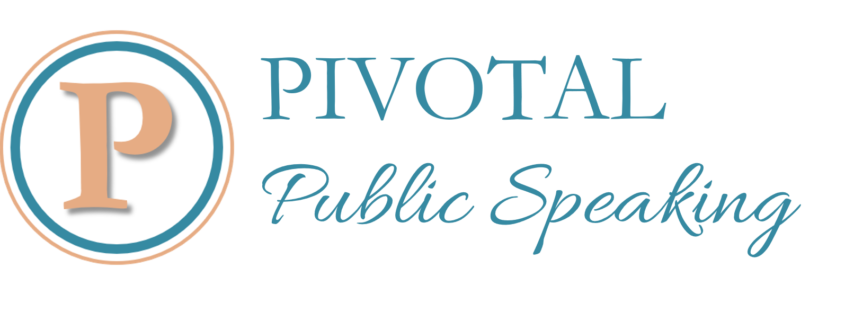Could it be death by TMI?
It’s not just PowerPoint and its misuse that can cause death to an audience’s engagement. If you found yourself suffering during a presentation it was probably boredom (and maybe annoyance) – from a presenter who was not excited about their subject, from an overloaded, boring slideshow, and most assuredly from an overloaded, information-packed presentation, given with no thought to your comfort, your interests or your needs.

As presenters, why do we do this? Why do we feel compelled to force too much information into our presentations?
One reason I am very familiar with is the need to showcase our knowledge. This may be as basic as a novice presenter desperate to gain credibility and kudos for their knowledge. So many of us go into public speaking thinking we need to do this to be liked and respected by the audience. Hence we construct a speech filled with as much information as we can pack into it. Often, rather than impressing the audience, we end up annoying them.
The worst-case-scenario is giving the impression that we really don’t understand the big picture or the relevance of the information. An annoyed audience and a lack of understanding of the topic are not good indicators for a successful presentation or for being rehired.
Another reason for stuffing a presentation with information may be lack of preparation. Perhaps the speaker has been called upon at the last minute. Perhaps they have had their time limit extended unexpectedly. Perhaps they have little experience in presenting. The result is an audience that simply ends up confused.
The third reason for TMI (Too much information) can be enthusiasm – enthusiasm for the subject, enthusiasm for the opportunity to share the information, enthusiasm for the chance to present. There is nothing wrong with enthusiasm. It can be a powerful engagement tool, but when it leads to an enthusiastic deluge of information, the result is not powerful engagement. The brain can really only absorb 3 points at any one time. The maximum is 7 (hence the early telephone numbers having 7 digits). Once it has to deal with much more than that, it needs to go into a different, more difficult processing mode. Audience brains signal overload and irritation sets in –and a desire to escape or tune out – death by TMI!
Finally there is the belief that decisions are made on rational consideration of the facts. So we give our audiences masses of facts that prove the point we are making – statistics, reports, graphs and diagrams, proof in all its forms. And they tune out. They start being selective about what they remember. And that choice won’t always necessarily be the one we wanted them to make.

The answer lies in a series of decisions we need to make when we start putting together our presentations and speeches.
- Purpose The first thing to decide is – what do you want your audience to do, think or feel at the end of your speech? What is the ultimate outcome you want from it? State that in one sentence so that you are laser focussed on it.
- Balance the over-rational People buy on emotion and rationalise their decisions with logic, even if they are buying ideas. So use emotional supports as well as logical ones.
- Memorable Aim to have one thing – just one thing – that is absolutely memorable and stands out from the whole presentation. It may be an object. It may be a story. It may be an image. But make it so graphic that it sticks in the mind of your audience long after you are finished. Make it something they will chat about afterwards. And make it something that will instantly remind them of the outcome that you wanted.
- Preparation Once you have your material ready and have rehearsed, prepare for changes in the length of time available to you. If it is suddenly announced that you have extra time, have extra that you can add. If it is suddenly announced that time has been cut, know what you can cut from your material and still succeed with the presentation.
(It will also contribute to your overall confidence – Learn more in the Masterclass)
Those are the things that will still showcase your knowledge (winnowing out the important points), ensure you are prepared, communicate your enthusiasm and guarantee that your audience thinks, acts or believes what it was you wanted them to.
And if you do want to sign up for my free masterclass which goes live late in July, you can REGISTER HERE. Only those who register will receive the link to the details, so it’s best if you register now.
Learn how to become a great speaker – competent, skilled, engaging and building your brand.
Discover more from Bronwyn Ritchie - Pivotal Public Speaking
Subscribe to get the latest posts sent to your email.
